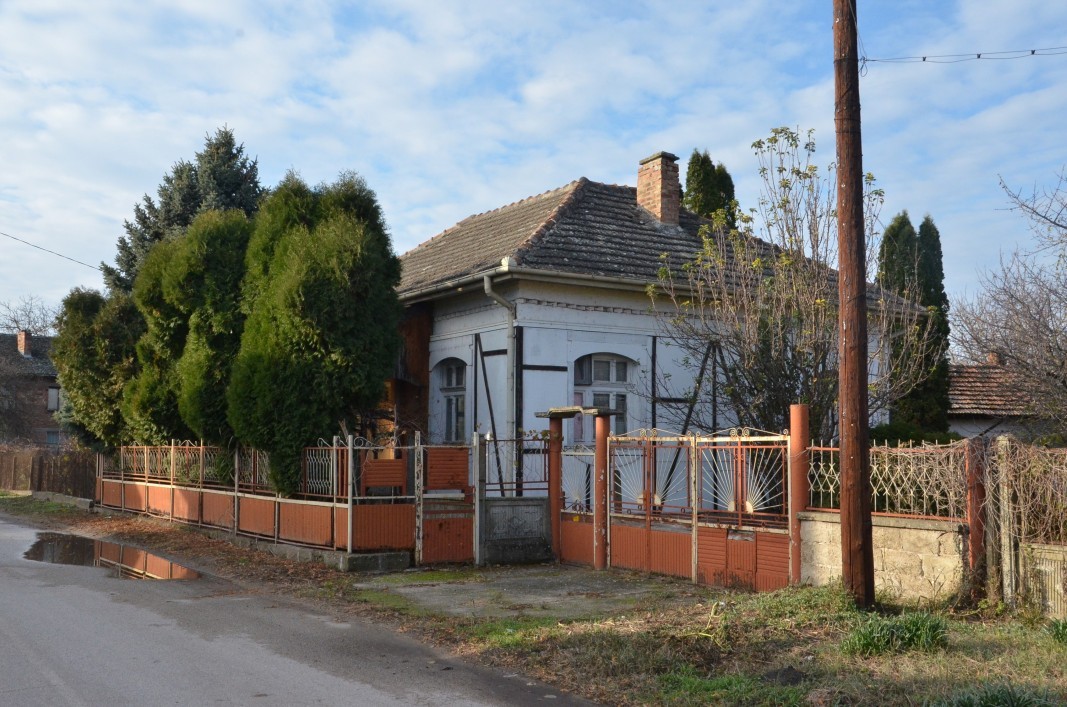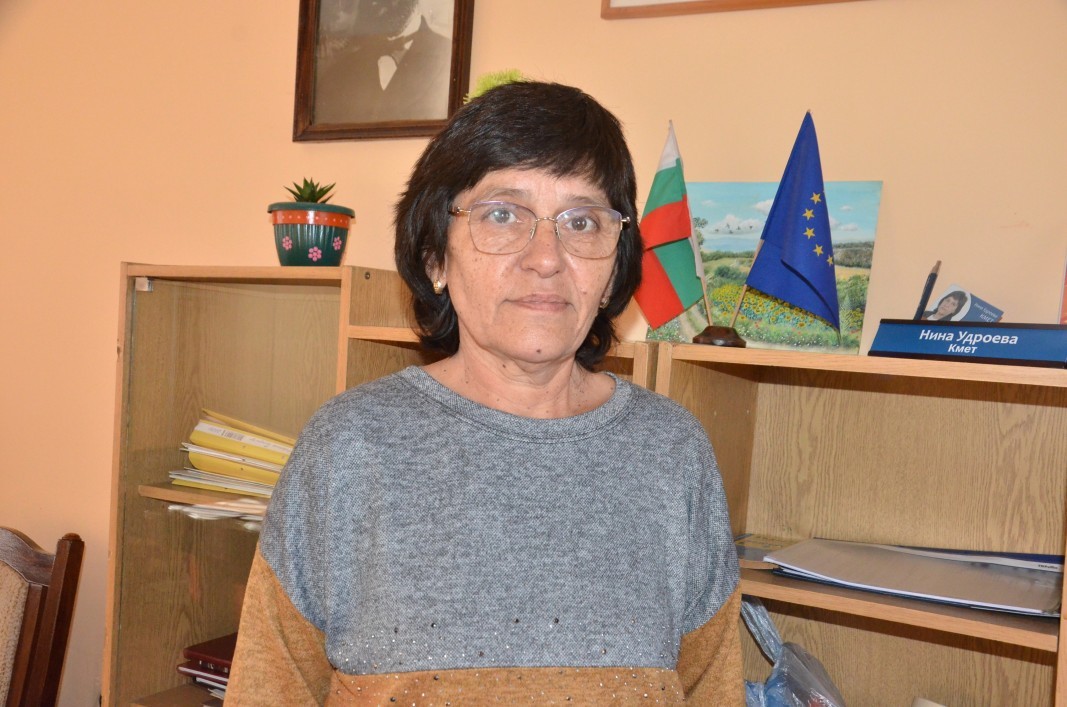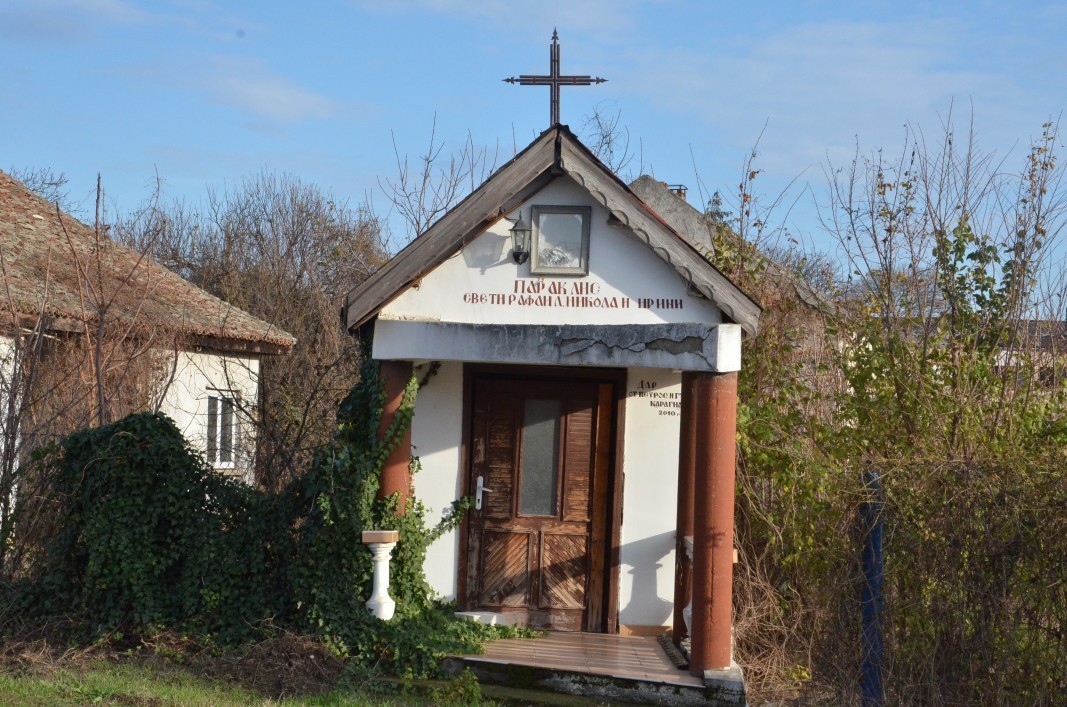




Bulgaria participates in the Global Money Week initiative for yet another year. Global Money Week is an annual global awareness-raising campaign to ensure that young people, from an early age, are financially aware, and are gradually acquiring the..
Bulgaria, as distant as a mirage, has become a beloved land for a man who has never set foot in this country. For nearly 50 years, Mr Jayanta Chakrabarti has been closely following everything that happens here and probably knows more about our history and..
The Republic of North Macedonia is in seven days of mourning. The town of Kočani, where a fire in a disco club took the lives of at least 59 people – mostly young people and children, aged 14 to 25 – is shrouded in silence today. "The..
Bulgaria has joined a multinational nomination for accession to the element "Pasture traditions", inscribed on the UNESCO List of Intangible Cultural..

+359 2 9336 661
